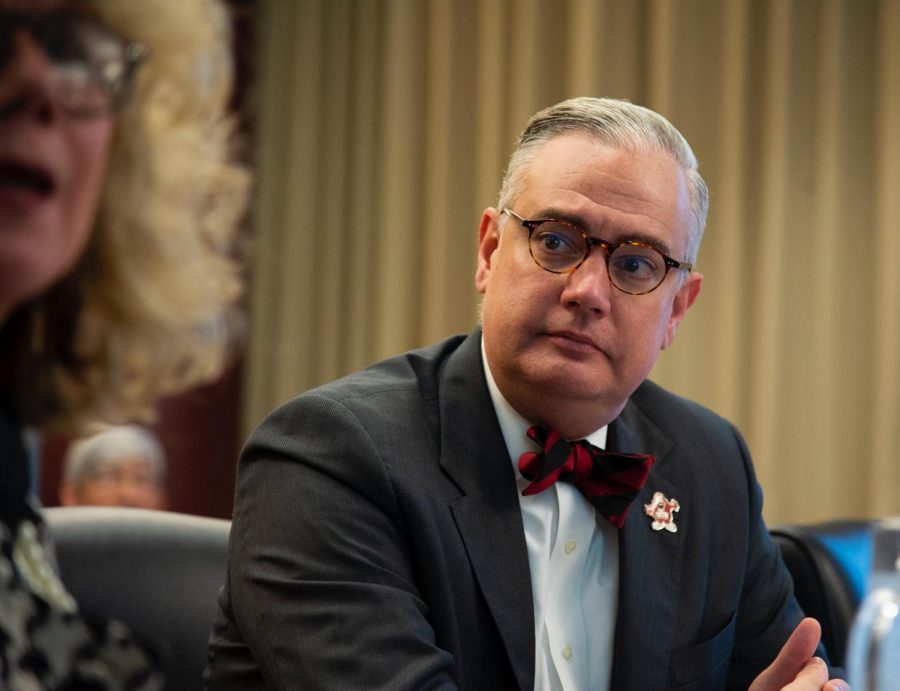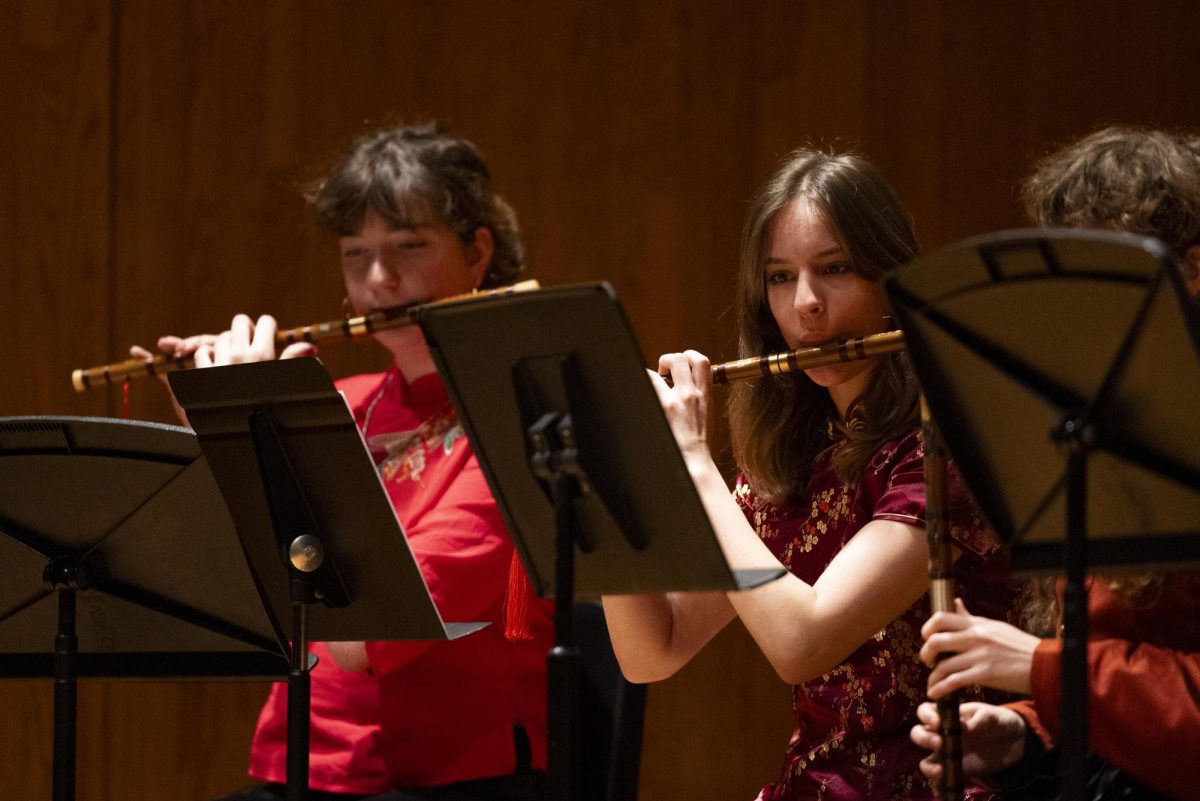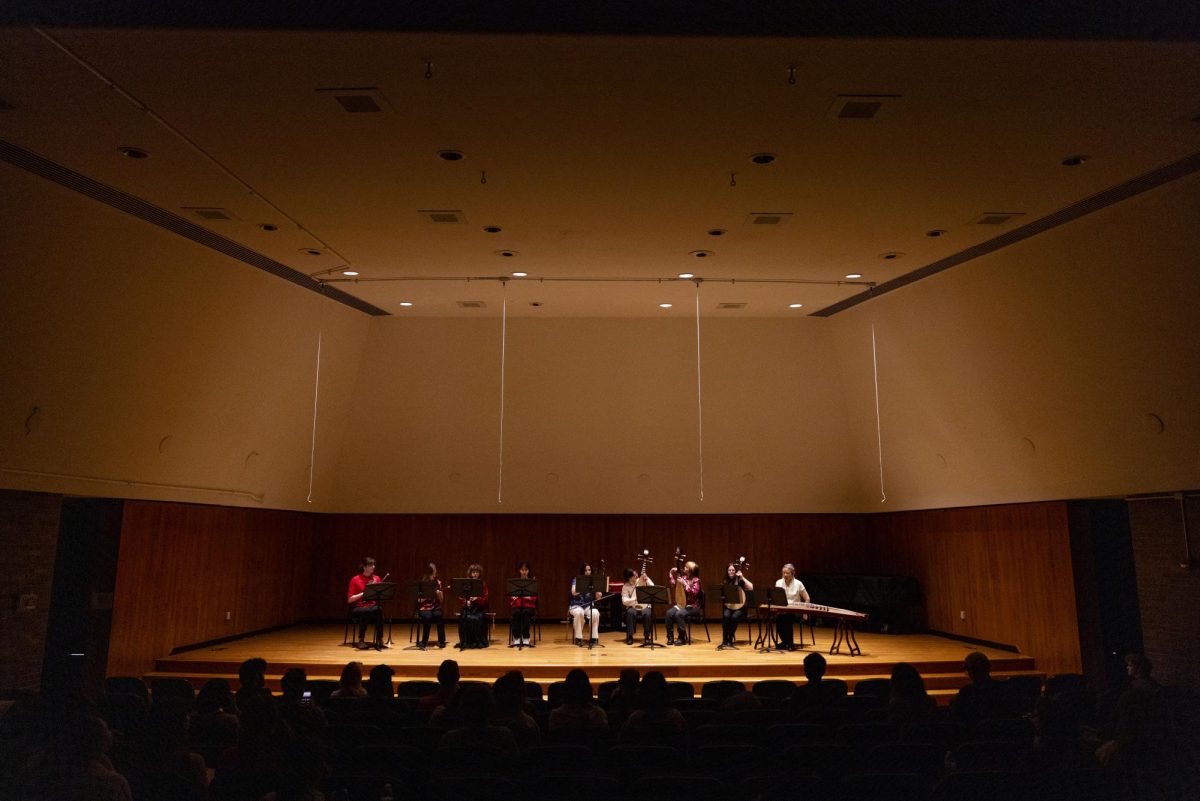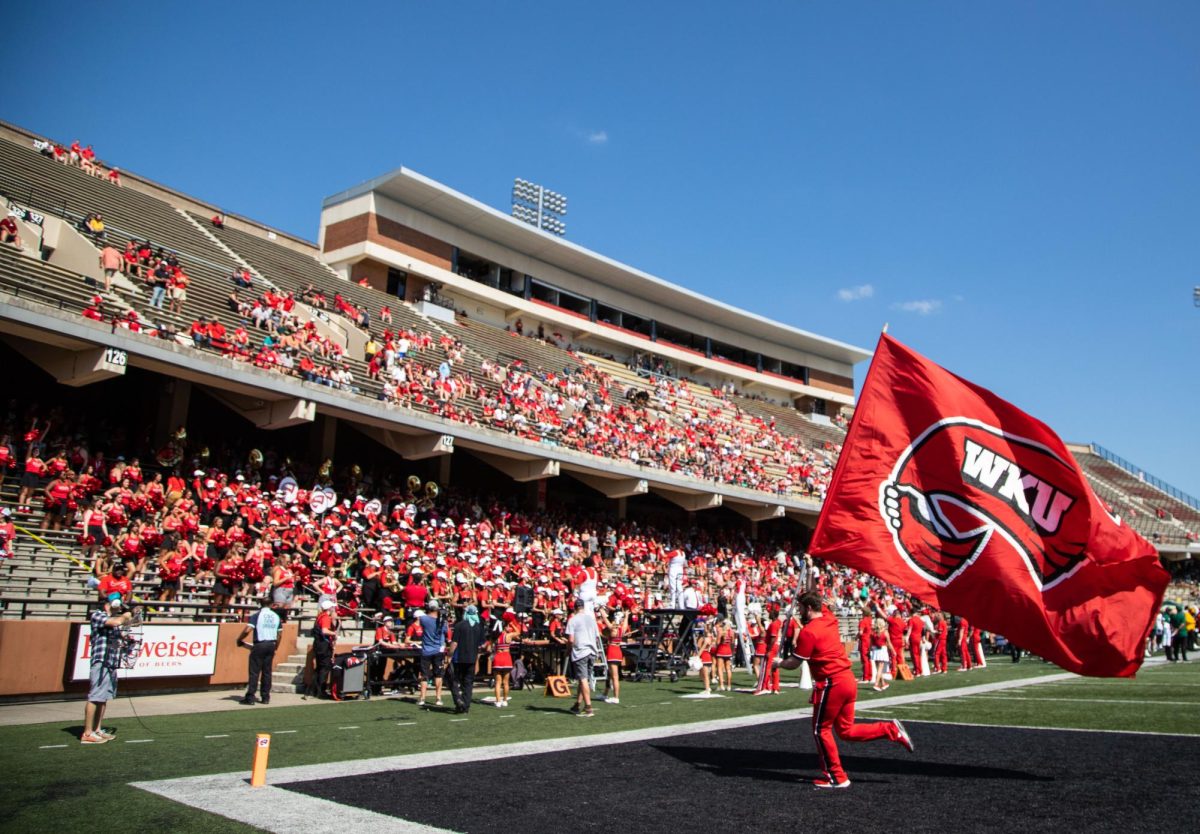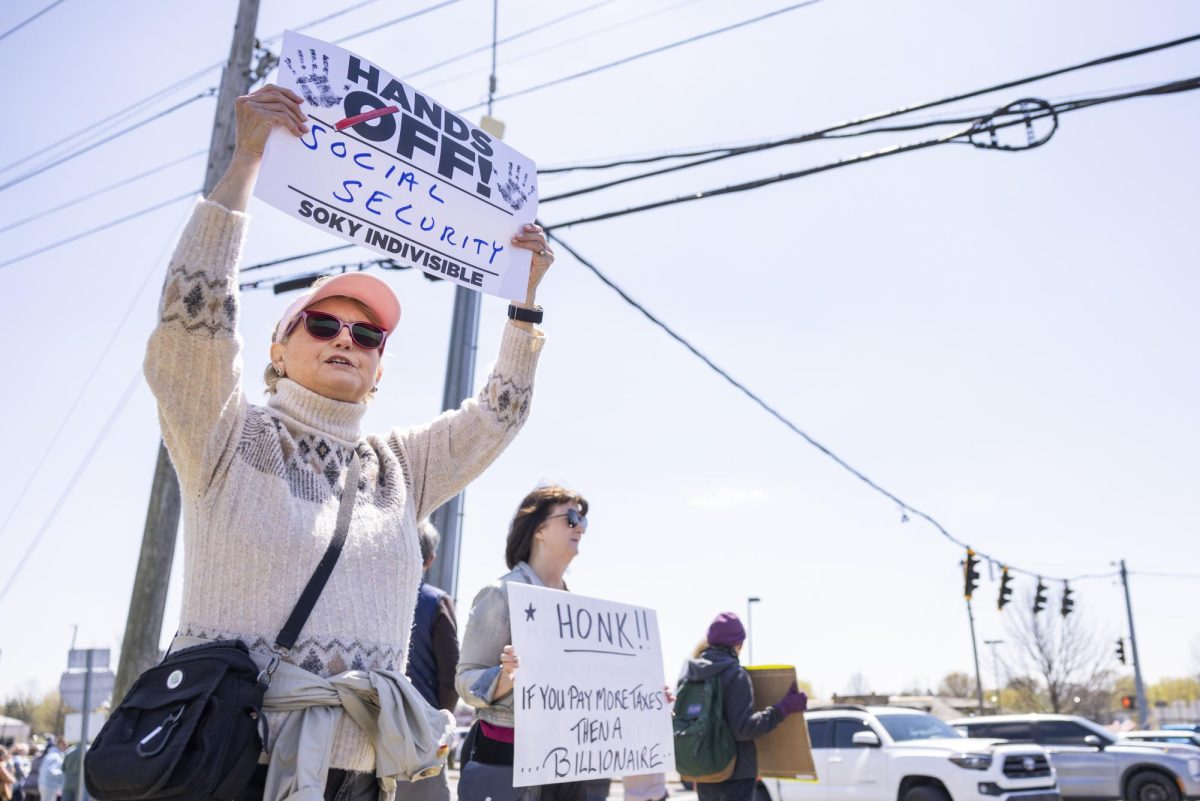Budget recommendations for next year include pay cuts; WKU sees deeper deficit due to coronavirus
May 8, 2020
The university has released its recommendations for next year’s budget, which include staff pay cuts.
Susan Howarth, executive vice president for strategy, operation and finance, sent an email to faculty and staff on Friday, May 8, explaining the recommendations made by the Budget Executive Committee which will be presented to the Board of Regents on Friday, May 15.
While the BEC had been preparing the fiscal year 2021 budget since late 2019, Howarth said the COVID-19 pandemic has presented new and unforeseen challenges.
“While the full fiscal impact from this crisis is still solidifying for FY21, we now must prepare for an additional enrollment decline, along with a projected decline in state appropriations,” Howarth wrote in the email.
Shortly after the email was sent out, Howarth addressed the Senate Executive Committee and noted the already predicted $7 million budget deficit will see a $20 million dip, totaling $27 million.
The $20 million deficit includes a coronavirus-related decline of approximately $12 million in tuition and fees. It also included a projected 10% reduction in state appropriated funding, totaling about $7.3 million.
Howarth said the administration has decided to “remain silent” on its tuition plan in response to the budgetary problems because of the fluidity of the situation. WKU previously predicted a 1% reduction in state-appropriated funding for the current fiscal year, but Howarth said this reduction could actually be steeper.
“I think it’s pretty clear leadership would prefer to not increase tuition given the financial realities that our students and their families are facing,” Howarth said. “Just the optics around a tuition increase would not be good. But again, so that’s our position, but there’s also the financial realities.”
Under the university-wide actions, the committee recommended:
-
Continuing the hiring pause which was implemented earlier this year
-
Suspension of travel with exceptions to recruiting students. The committee recommended very few exceptions and all decisions must go through the President’s cabinet.
-
Continuing a strategic review of all campus operations to identify performance improvements and efficiencies.
-
Starting on July 1, tiered salary reductions should be implemented until June 30, 2021. The recommended cuts are as follows:
-
Annual Salary of $50,000 – $99,999 reduced by 2.5%
-
Annual Salary of $100,000 – $149,999 reduced by 5%
-
Annual Salary of over $150,000 reduced by 10%
-
Some of the carry forward from fiscal year 2020 should be reserved to address anticipated shortfalls.
The committee also recommended actions within the specific divisions. These included assigned reduction targets by Deans and Vice Presidents and could include “procurement reductions, renegotiating major contracts, elimination of overtime/overload and one-time payments and the strategic use of philanthropic gifts to offset expenses,” according to the email.
In the meeting, Howarth said President Timothy Caboni didn’t intend to use employee furloughs as a strategy and remains hopeful the budget issues are a “one year problem.”
Larry Snyder, the dean of Potter College of Arts and Letters, said deans would make decisions based on resources and the university’s mission. He said they’d “use every strategy they have.”
“We’re going to have to think about furloughs,” he said. “We’re probably going to have to think about changes in workload strategies. We’re going to have to think about everything about how we approach this. We don’t want to do something so drastic that we can’t come back from it in a year.”
Another financial strain the university is considering is decreased enrollment. Though the incoming freshman class enrollment is higher than it has been in years past, the other classes are not.
Participants in the senate meeting asked Howarth about the financial possibilities if the university were not to return to in-person operations in the fall. Howarth said WKU “is going to open up.” If it didn’t, the university could see a significant enrollment drop, critical to the financial situation.
In the email, Howarth recognized that if the state or country’s economy continues to decline, or if there is a return of COVID-19 in the fall or winter, there may be additional budgetary action.
“As we move forward, it is imperative that we do everything we can to encourage and enable both returning and prospective students to enroll at WKU for the summer and fall semesters,” Howarth wrote in the email. “WKU is well positioned to be the first choice for many students, and our work to welcome them to campus must continue.”
Managing Editor Laurel Deppen can be reached at laurel.deppen774@topper.wku.edu.
Editor-in-Chief Rebekah Alvey can be reached at rebekah.alvey660@topper.wku.edu.



